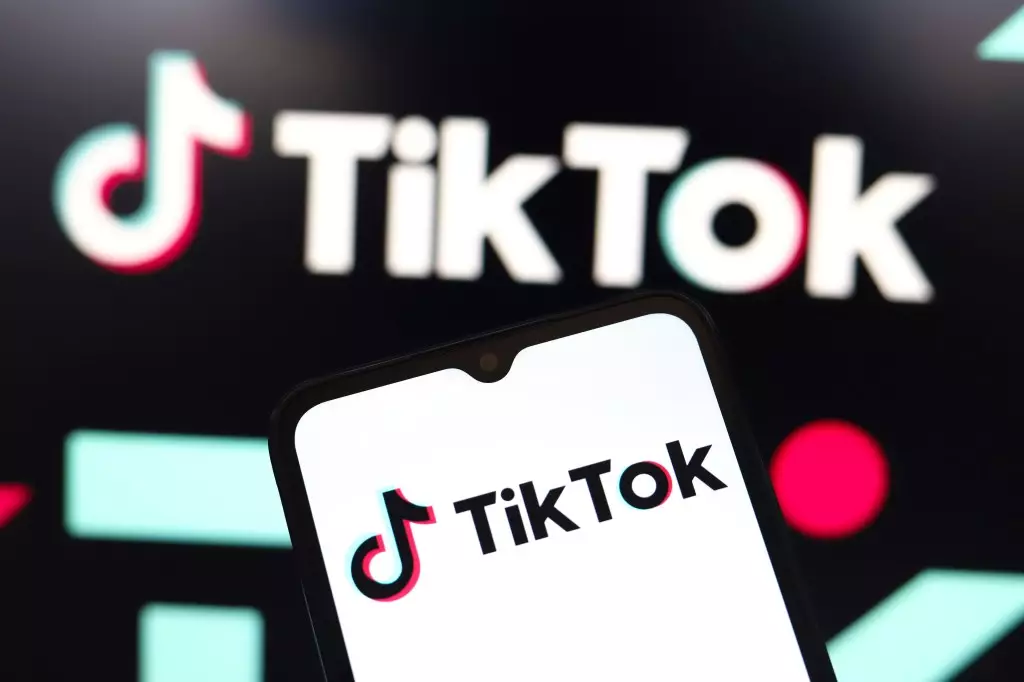In recent months, TikTok has become a focal point of intense scrutiny and political maneuvering. The app, owned by the Chinese tech giant ByteDance, has faced relentless pressure from U.S. policymakers under the pretext of national security concerns. The narrative is clear: a suspicion that user data could be exploited by the Chinese government, threatening American users’ privacy and sovereignty. Despite the company’s persistent denials, the political context has relentlessly painted TikTok as a geopolitical threat, leading to a series of legal battles, legislative hurdles, and executive orders.
The prospect of an outright ban or enforced sale has become more than just a hypothetical—it’s a looming reality that reflects broader tensions between the U.S. and China. Legislators, driven by fears of espionage and data theft, pushed through measures demanding ByteDance divest its U.S. operations. This legislative stance essentially presents TikTok as a pawn caught between two superpowers, and the uncertainty surrounding its future demonstrates how digital influence is now intricately woven into international diplomacy.
Moreover, the Trump administration’s repeated extensions of temporary bans highlight a strategy that oscillates between deterrence and negotiation leverage. These extensions serve as political signals rather than practical solutions, keeping TikTok in a perpetual limbo. The potential sale to American investors indicates a strategic shift—possibly an acknowledgment that maintaining a confrontational stance may be less effective than rebranding or restructuring the platform under U.S. oversight. This pivotal move could redefine how social media platforms operate in an era rife with geopolitical tensions.
Reinventing TikTok: A Tritonal of Business and Political Interests
The ongoing saga isn’t just about security concerns; it’s also a complex chess match of economic power. The report that TikTok is building a new version tailored for the U.S. market underscores a conscious effort to appease policymakers and—critically—its user base. With over 170 million Americans relying on TikTok for entertainment, marketing, and even livelihood, the stakes are high. The company’s intention to launch a new app in early September, ahead of the potential sale deadline, signals a strategic move to preserve its market dominance amidst mounting external pressure.
Yet, this pivot raises questions about authenticity and transparency. Is this reboot merely a superficial rebranding designed to satisfy regulatory requirements? Or does it reflect a genuine effort by TikTok to create a more secure and domestically controlled platform? The answer may lie in the contours of any future deal—one that might include oversight by U.S. authorities, restrictions on data flows, and increased transparency measures. But more fundamentally, this approach reveals the extent to which corporate interests are now entangled with national security—an intersection that complicates regulatory decisions and public perceptions.
Another dimension to consider is the influence of American political actors on TikTok’s strategic decisions. The bipartisan support for legislating TikTok’s divestment showcases a shared concern about Chinese influence; yet, it also highlights how much of the debate is driven by underlying trade tensions. The relationship between these two nations remains fragile, with trade negotiations posing as much diplomatic theater as economic strategy. TikTok’s potential sale is thus not just a business matter; it is a political symbol representing the broader struggle for technological dominance and sovereignty.
The Real Implications: Power Dynamics, Privacy, and the Future of Social Media
At its core, TikTok’s ongoing saga exposes the vulnerabilities of globalized digital platforms operating under conflicting jurisdictions. The company’s ambition to replicate its success under a U.S.-friendly guise is ambitious but fraught with strategic pitfalls. The effectiveness of a new U.S.-spec version hinges on transparency, compliance, and the ability to convince skeptical policymakers that user data is genuinely secure.
An underlying concern remains: whether these political moves will ultimately diminish innovation or undermine the free flow of information. If TikTok is forced to conform to U.S. standards, what does that mean for the platform’s core identity? Would it retain its cultural vibrancy and global appeal, or will it become a sanitized, less engaging space? Furthermore, history offers cautionary tales of corporate restructuring for political ends—where the core values of a platform are compromised in pursuit of regulatory approval.
In the broader context, TikTok’s situation epitomizes a new era in digital geopolitics—where technology companies are not just commercial entities but strategic assets manipulated at the interface of international diplomacy. The power struggle over TikTok signals a shift toward digital sovereignty, where nations seek to control the information ecosystems within their borders, often at the expense of openness and innovation. The outcome of this dispute has profound implications, not just for TikTok and its users, but for the future landscape of global social media—a battleground where influence, trust, and security collide in a complex geopolitical dance.

